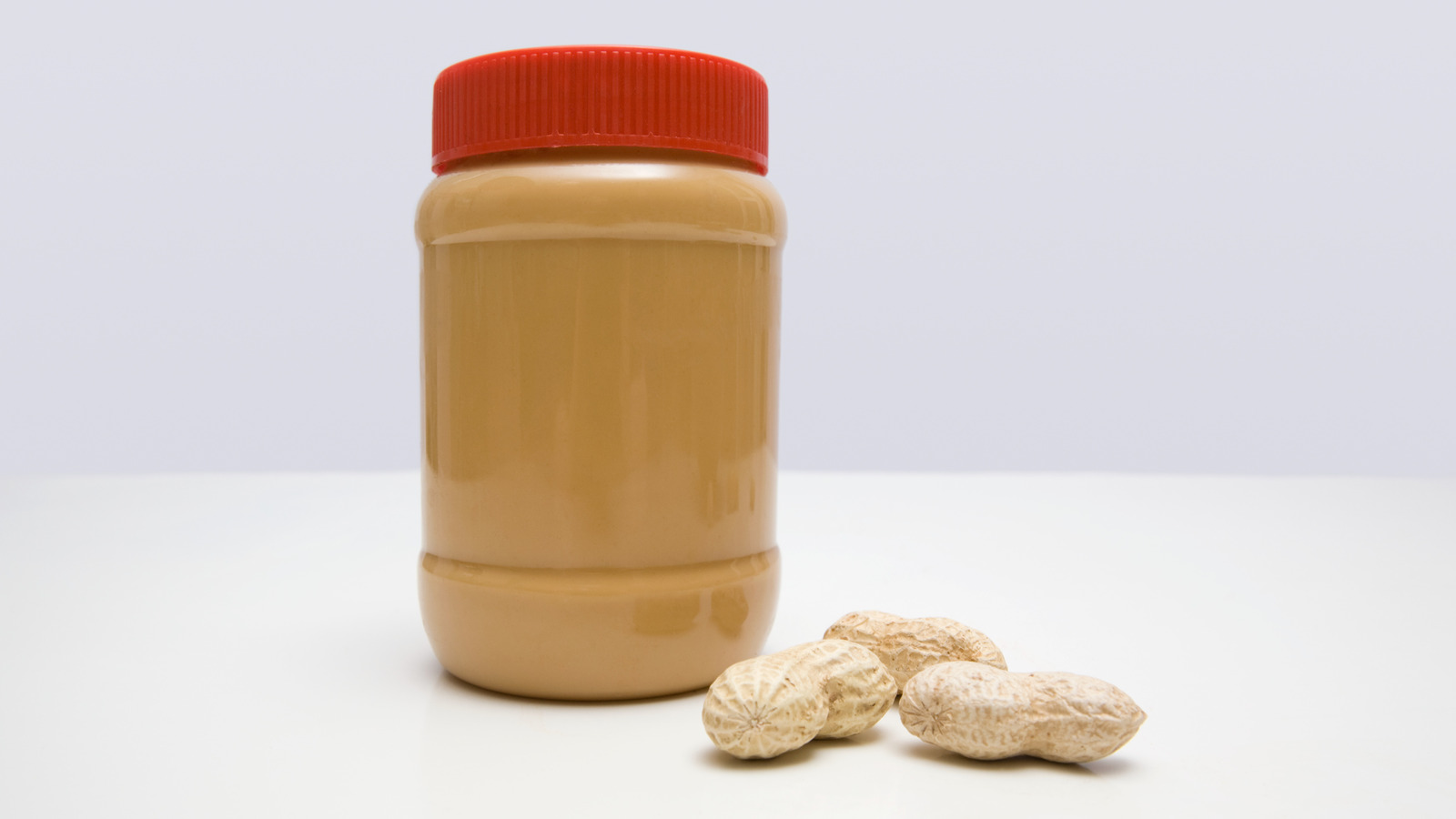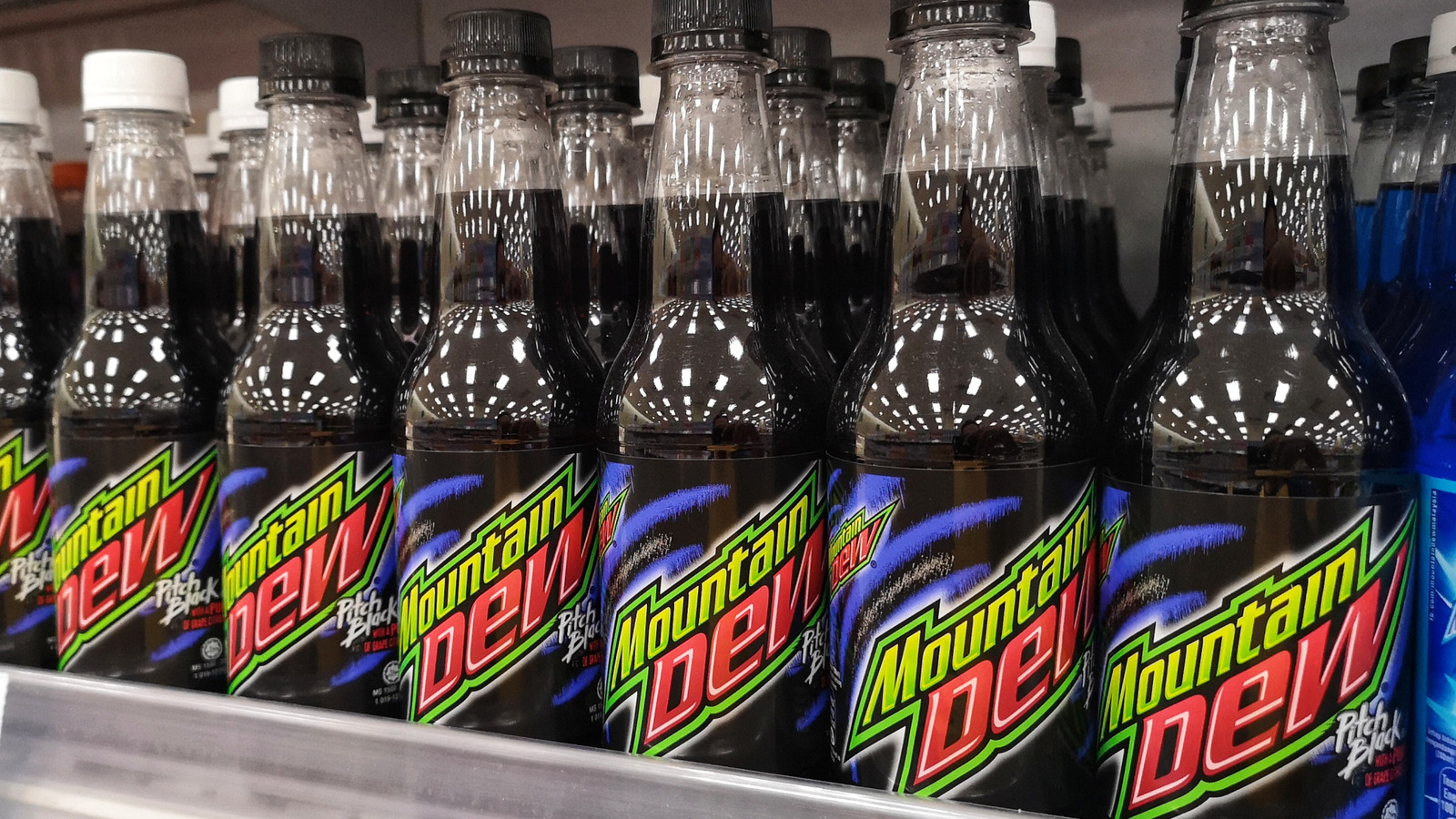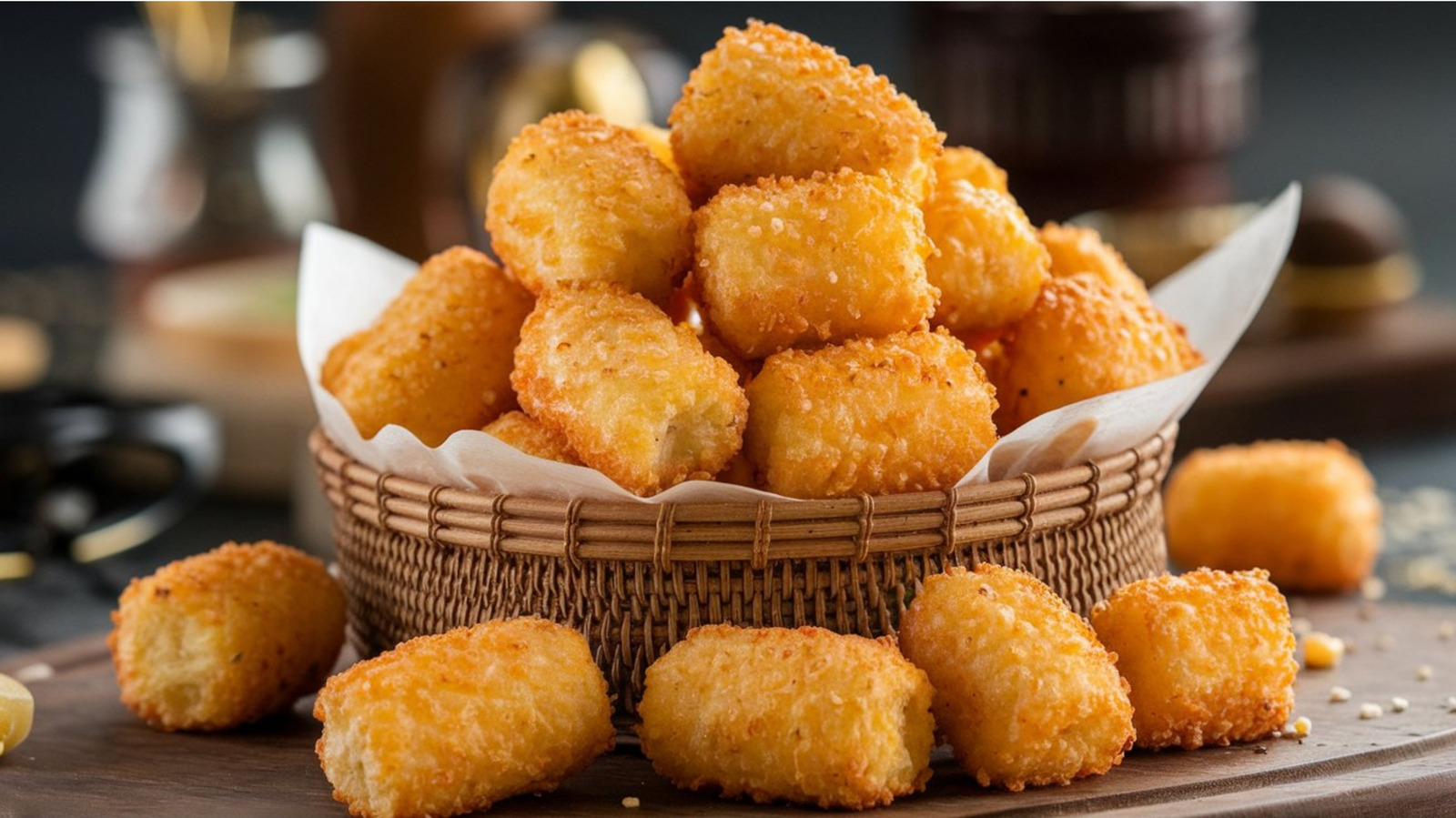FORT MILL — A peppery haze is omnipresent in the back of a rural warehouse, causing one's eyes to water and nose to tingle. Ed Currie, creator of the Carolina Reaper and Pepper X, said he doesn’t even smell it anymore when he enters the production building next to his farm. When a new strain of Pepper X — whose 2.
69 million Scoville heat units is more than 500 times a jalapeno pepper — lands on the tongue, a more intense bodily reaction takes over. FIVE HOTTEST PEPPERS IN THE WORLD: The Scoville scale, created in 1912, is used to measure the spiciness of food, including hot peppers. Scoville heat units (SHU) are calculated by measuring the concentration of capsaicinoids using what’s called a high-performance liquid chromatography.
This graphic shows how jalapeño and habanero peppers stack up next to the five hottest peppers in the world. Pepper X and the Carolina Reaper were both created by Ed Currie. (Source: Guinness Book of Records) It starts with a steady burn that reaches every corner of the mouth.
Quickly, one’s throat becomes constricted as beads of sweat emerge, beginning on the forehead and spreading to other parts of the body. It becomes difficult to form thoughts and sentences. A nearby bottle of water beckons.
Currie — who beat the Carolina Reaper's Guinness World Record by 1.05 million SHU with Pepper X — warns against taking a sip. He hands over a basket filled with Kind protein bars, Starburst candies and miniature Reese’s Peanut Butter Cups instead.
The sugar helps the heat subside, he explained. Miniature "Hot Ones" hot sauces are bottled at Puckerbutt Pepper Company's bottling facility Monday, April 22, 2024, in Fort Mill. That this reaction is only a chemistry trick — like Currie and some experts assert — feels hard to fathom as the full-body reaction intensifies.
Gradually, the fiery feeling is gone, but the effects remain, with chills setting in as Currie gives the OK to take a sip — rather, a chug — from water he keeps stashed nearby in a refrigerator. Though pain is part of the pepper game, Currie, 61, is adamant that he does not make sauces with names like Gator Sauce, Extra Mean Green and Smokin’ Ed’s Currie Churri because he enjoys causing discomfort. So why does he do it? And what will he come up with next? To understand the answer to those questions, you must get to know the man behind the world’s hottest pepper two times over.
Pepper X marks spot as South Carolina pepper expert scorches own Guinness heat record Workers repot pepper plants at Ed Currie’s greenhouse Monday, April 22, 2024, in Fort Mill. A band teacher started calling Currie “Smokin’ Ed” when he was 14, but it had nothing to do with peppers. It was his ability to “smoke on the drums” that earned him a nickname most still use today.
By this point in his life, the Currie family had relocated to Michigan from the Northeast, where they lived in New York and Pennsylvania. And a substance addiction began to take hold of the teen. Hard drugs and booze were the reason Currie’s parents sent him away to college with the warning that heart disease and cancer were in his future if he continued down this path.
It was the reason he was expelled from multiple colleges. But, of all things, it was peppers that pulled him out of his intoxicated haze. Currie’s interest in peppers emerged in the library at Eastern Michigan University, where he was studying the diseases his parents had warned him about.
His research led him to communities in the tropics with low levels of heart disease and cancer. He learned they ate hot peppers. Currie told himself he was going to create the hottest pepper in the world.
First, he needed to get sober; that wouldn't happen until he hit rock bottom, though. On a snowy Michigan day after he graduated from college, Currie opened the windows to his apartment. He put a big pile of drugs and alcohol on the table and dove in.
In the midst of his ensuing inebriation, Currie said he saw an angel who told him to seek help at a nearby hospital with 24-hour addiction treatment. Ed Currie inspects pepper plants in one of his greenhouses Monday, April 22, 2024, in Fort Mill. He listened.
“God was leading me,” said Currie, who was raised Catholic. “I connected back with the God of my understanding.” Currie said he saw God all over the place while he was using drugs, but he wasn’t interested in doing the work.
Now, finally, he was. He spent 31 days in the Henry Ford Hospital and received outpatient care for 31 months after that. He started going to church, moved to South Carolina and met his wife, Linda.
As their relationship developed, so did the number of peppers and tomatoes in the greenhouse Currie constructed in their backyard. PuckerButt Pepper Co . was born in 2005.
Seasonal workers repot pepper plants at Puckerbutt Pepper Company’s greenhouse Monday, April 22, 2024, in Fort Mill. The couple started producing Linda’s Peach Mango Salsa and Smokin’ Ed’s Hot Sauce, pouring each into mason jars to sell at the Rock Hill Farmers Market. They consistently sold out.
The operation grew. By the end of 2006, Currie had convinced eight friends and neighbors to let him plant at least 10,000 pots of peppers behind their homes. He increased his output to six salsas, a dozen hot sauces and pepper powder, all while working a day job at a local bank.
By 2008, his business employed close to a dozen people, allowing Currie to open a retail store at 237 Main St., where sauces are still sold today. Products didn’t initially fly off the shelves as Currie had hoped, but he kept experimenting.
Seasonal workers repot pepper plants at a Puckerbutt Pepper Company greenhouse Monday, April 22, 2024, in Fort Mill. He bred a Caribbean plant with nine others to create a new hybrid he named HP22. That series would eventually produce the pepper that would change his life: the Carolina Reaper.
“When it first produced fruit, it knocked me on my ass,” Currie said. “I felt high for the first time since I’d gotten clean.” How Ben's Friends is fighting hospitality industry addiction with OpenTable partnership Tom Petropulos traveled to New Mexico for a hot pepper festival in 2014, standard for those in the industry.
He spotted Currie, who still attends events and competitions throughout the year, sipping coffee by himself. With the open bar in sight, Petropulos grabbed a coffee and joined him. They quickly connected over their addiction recoveries.
Before getting sober, Petropulos’ drug of choice was heroin; at one point it had him homeless and living on the streets of California. But even after he gave up the drugs, Petropulos struggled to find steady work. Today's Top Headlines Story continues below Man protecting woman from pit bull shot to death by her boyfriend in Summerville subdivision This historic Black neighborhood is surrounded by Myrtle Beach but not part of the city.
Why? You still have a chance to spot the 'comet of the century' in SC. Here's the best way to see it. These Myrtle Beach tiny homes are supposed to house homeless veterans.
Why are they empty? Trader Joe's is coming to the Myrtle Beach area. The question is where. Alex Murdaugh settles lawsuit related to fatal 2019 boat crash, ending case Myrtle Beach-area development could add shopping center, hundreds of homes and 501 traffic light Nearly 2,000 Carolina Forest students will likely be switching schools next year.
Here's why. SC sheriff's viral Helene comments evolve in new interview. He insists he's not apologizing.
A last-minute deal could keep minor league baseball in Myrtle Beach. Here are the details. Not long after the awards ceremony, Petropulos and Currie became close friends.
They were each others' safety nets at trade shows and events where alcohol was present. Smokin' Ed Currie is the man behind Pepper X and the Carolina Reaper, the world's two hottest peppers according to the Guinness World Records. Currie invited him across the country to his pepper farm.
He gave him a job and put him up in a spare bedroom for six months while Petropulos saved enough money for his own place. “He pulled me up where I had no future other than living with my parents at 40 years old,” said Petropulos, who met his wife through Currie. “He gives those second chances not just to me, but to most of the employees at PuckerButt.
” For Heather and Brandon Peters, like Petropulos and more than half of the company's employees, they also used hot peppers to aid their recovery from alcohol addiction. That journey started when Brandon Peters, now a production technician at Currie's factory, filmed himself eating a Paqui One Chip . Heather, wary at first, eventually joined, and the couple started eating spicy foods together.
They launched a YouTube channel named Heat 101 , which helped Heather get sober. "You'll see a lot of people in recovery eating spicy stuff," she said. "I realized that I had fun doing it and I didn't need to think about anything else.
" Her husband continued to battle his addiction. Channeling his energy into Heat 101, which now has more than 30,000 subscribers, helped him give up alcohol a year later. Because of that, hot peppers helped save their marriage, Heather Peters said.
The hobby that changed their lives became a career when Currie offered them both jobs. He saw something in them that they didn’t see in themselves, said Heather Peters, the company's brand manager. “It shifted our entire life,” she said.
“He’s the Willy Wonka of peppers. He knows all the numeric names of every breed of his peppers.” SC gardener's trove of seeds could play a part in combating climate change, disease Dehydrated Peppermade into a chili powder is seen at Puckerbutt Pepper Company Monday, February 8, 2024, in Fort Mill.
For employees of PuckerButt, one numerical name is imprinted in everyone’s memory: HP22B (Row 22, Pot B). That pepper, grown in greenhouses and then the fields for stabilization, would become the Carolina Reaper. He created the new breed more than a decade ago and sent it out for testing at Winthrop University.
He’d never thought about a Guinness World Record before, but a student research group at the college told him he could win one. The business was losing money at the time — it was growing too fast. Shedding 35,000 plants to hungry deer one year didn’t help.
Currie was heading to a speaking engagement in Lancaster, Pa., stressing the entire way about everything he needed to do back at the farm in Fort Mill. Texts started rolling in.
The calls came next. Currie had created the hottest pepper in the world, Guinness World Records confirmed through lab tests of multiple peppers at Winthrop University. “I fell down on my knees and I started crying,” said Currie, thinking back to that day in 2013.
“I was thanking God.” The Guinness World Record didn’t bring in the sauce inquiries Currie thought it would — at first. That changed when the Associated Press ran a story about the feat later that year.
Suddenly, Currie didn’t have enough sauce to fill orders. Brent Marsh boxes "Hot Ones" hot sauces on the bottling line at Puckerbutt Pepper Company's bottling facility Monday, April 22, 2024, in Fort Mill. Currie coaxed more and more peppers out of his Fort Mill land in the years that followed.
He built a factory filled with a sauce-bottling line and industrial kettles for cooking pepper mash. Currie’s most important work continued to take place before the plants were even in the ground. He built a formula for cross-breeding peppers to hold more heat, allowing the notoriously fickle plants to consistently produce.
Pepper X was in the works shortly after the Carolina Reaper launched its reign as the world’s most lethal pepper. Pepper X was sprinkled in sauces by 2016 and ready to compete for the Guinness World Record by 2019. The pandemic slowed down the application process, which Currie restarted in 2023.
Forms, fees and formalities dot every step of the journey to top honors, he said. He was filming an episode of "Hot Ones" — the spicy celebrity talk show where his sauces are featured — when he received the news. Pepper X and its 2.
69 million Scoville heat units were Guinness world champions. A wall of hot sauces line shelves at the Puckerbutt Pepper Company storefront Monday, February. 8, 2024, in Fort Mill.
"Hot Ones" hot sauces are made with Ed Currie’s peppers. “It’s validation that the work we’re doing is 100 percent right,” Currie said. Currie has learned from the success of the Carolina Reaper and the chaos that followed.
He patents every pepper he creates and keeps his seeds within the business; he's been burned once by a man who tried to replicate his operation, but he won't let that happen again. Privacy is important to Currie, who rarely divulges the address of his farm. And his legal team advised him to not permit The Post and Courier to photograph Pepper X.
He's protecting what he's built — and what he's building. Pepper Y will be released sometime in the next few years. It will be three times hotter than Pepper X, Currie said, discussing his ability to create spicier and spicier peppers in the future.
“I can go on like that for another 20 years,” Currie said. Currie's passion for this work goes deeper than just climbing the Scoville scale for fame and fortune. Peppers made him feel alive again, and helped keep him alive.
They enabled him to build a company that employs recovering addicts and will someday belong to his two children. Ed Currie believes in what he’s doing. He believes God sent him here to do it.
Farm to Table: Charleston-area growers and chefs form dream team allowing small operations to expand.
Food
We met the South Carolina man behind the world's hottest peppers – and then we tried one
Meet the man behind Pepper X and the Carolina Reaper, the world's two hottest peppers according to the Guinness World Records.














